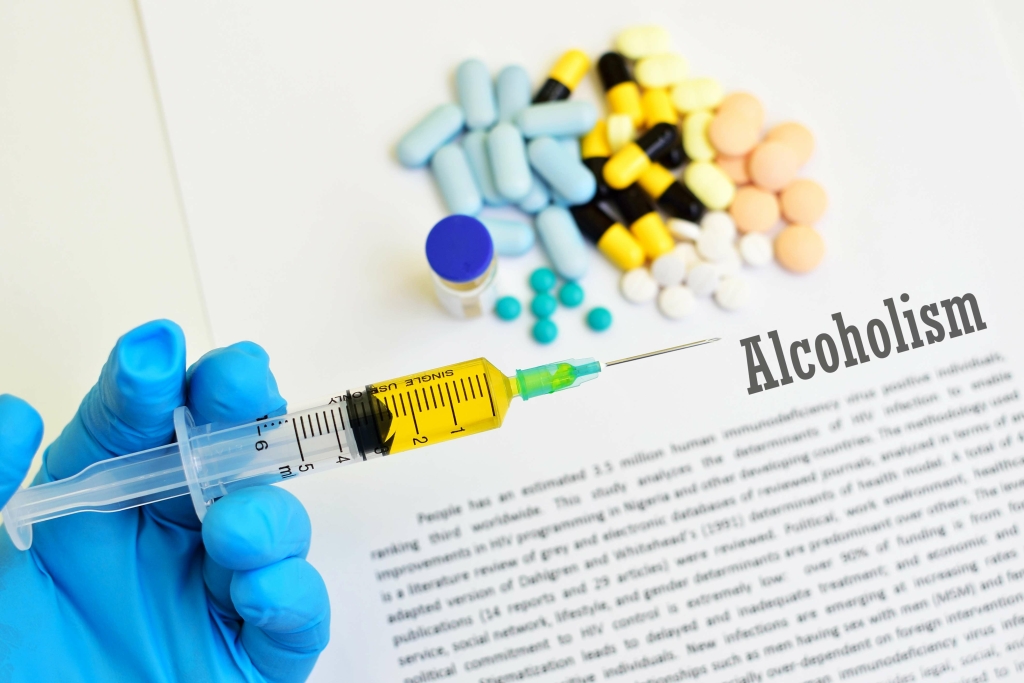We strive to create content that is clear, concise, and easy to understand. While it may seem difficult or impossible, quitting drinking is achievable. Along with regaining control of your life, there are financial Am I an Alcoholic benefits to abstinence that can help you save more money daily, weekly, monthly or yearly. Many of this type also have other substance addictions, anxiety problems, bipolar disorder and major depression.

One useful thing you can do is to take an “alcoholic test” or an “am I an alcoholic quiz” which are easily found online. These quizzes ask you relevant questions to help you understand where you fall on the spectrum from a healthy relationship with alcohol to a destructive relationship with alcohol. For women, it is considered binge drinking to drink four or more drinks within a two-hour period. For men over the age of 65 and women, heavy drinking is considered having more than one drink in a day or drinking more than seven drinks during the week.
Am I an Alcoholic?
Disulfiram is an older drug that works by causing an adverse reaction to alcohol whenever you drink it. You’ll experience symptoms like nausea, vomiting, and flushing whenever you drink alcohol when on the medication. Reviva, Vivitrol Campral, are relatively new drugs that help reduce alcohol cravings, and can also help reduce some people’s desire to consume alcohol. Vivitrol and Revia can help people drink less alcohol even if they don’t want to stop drinking entirely. Many times people find these medications help them to quit drinking for good. Heavy alcohol use is the most identifying feature of alcohol use disorder.
- But in reality, those struggles are often the real problems that have to be treated; and “alcoholism” is just the symptom.
- If you think a partner, friend, or family member may be living with alcohol use disorder, you can take this quiz on behalf of them as well.
- Many treatment plans will incorporate you into setting goals for your own recovery.
- For people who drink excessively, stopping drinking will likely improve their lives.
- While helpful in determining whether your current drinking habits may put you at risk of an AUD, self-assessment with these tests should not be considered as a final diagnosis.
- There are several ways to look at how one ends up struggling with alcoholism; from a spiritualist, environmentalist, biological, or psychological perspective.
If you have decided that you do have a drinking problem and you want to do something about it, there is a world of help available. The first step should be to contact your healthcare provider and be totally honest about your use of alcohol. Quitting alcohol suddenly can result in alcohol withdrawal symptoms that can range from mild to life-threatening. However, if you are drinking frequently or have problems because of alcohol you may wonder if you have a problem. Anyone who experiences concerns or troubles due to alcohol use may likely have a drinking problem. A problem with alcohol does not necessarily make a person an alcoholic, though.
What Qualifies Someone as an Alcoholic?
While they might drink less frequently than some of the other groups here, they tend to binge when they do drink. This category of individual typically comes from families that do not have high rates of alcohol use disorder. There are behavioral symptoms, mental health symptoms, and physical health symptoms that can result from alcohol use disorder. The matter in which the DSM-V diagnosis people who have this disorder is with a list of 11 symptoms. How many of these symptoms an individual has experienced in the last 12 months will indicate whether or not they are suffering from alcohol use disorder and how severe this disorder is.
About 50% of these individuals are from families with multigenerational alcoholism, and almost all have experienced clinical depression. The high-functioning alcoholic is perhaps the furthest from the alcoholic stereotype, leading many to be in denial about their addiction. About 62% of functional alcoholics work full time, and 26% possess a college degree or higher. The statements in this quiz can help you figure out whether you might need the support of a mental health professional for the symptoms you’ve been experiencing.


